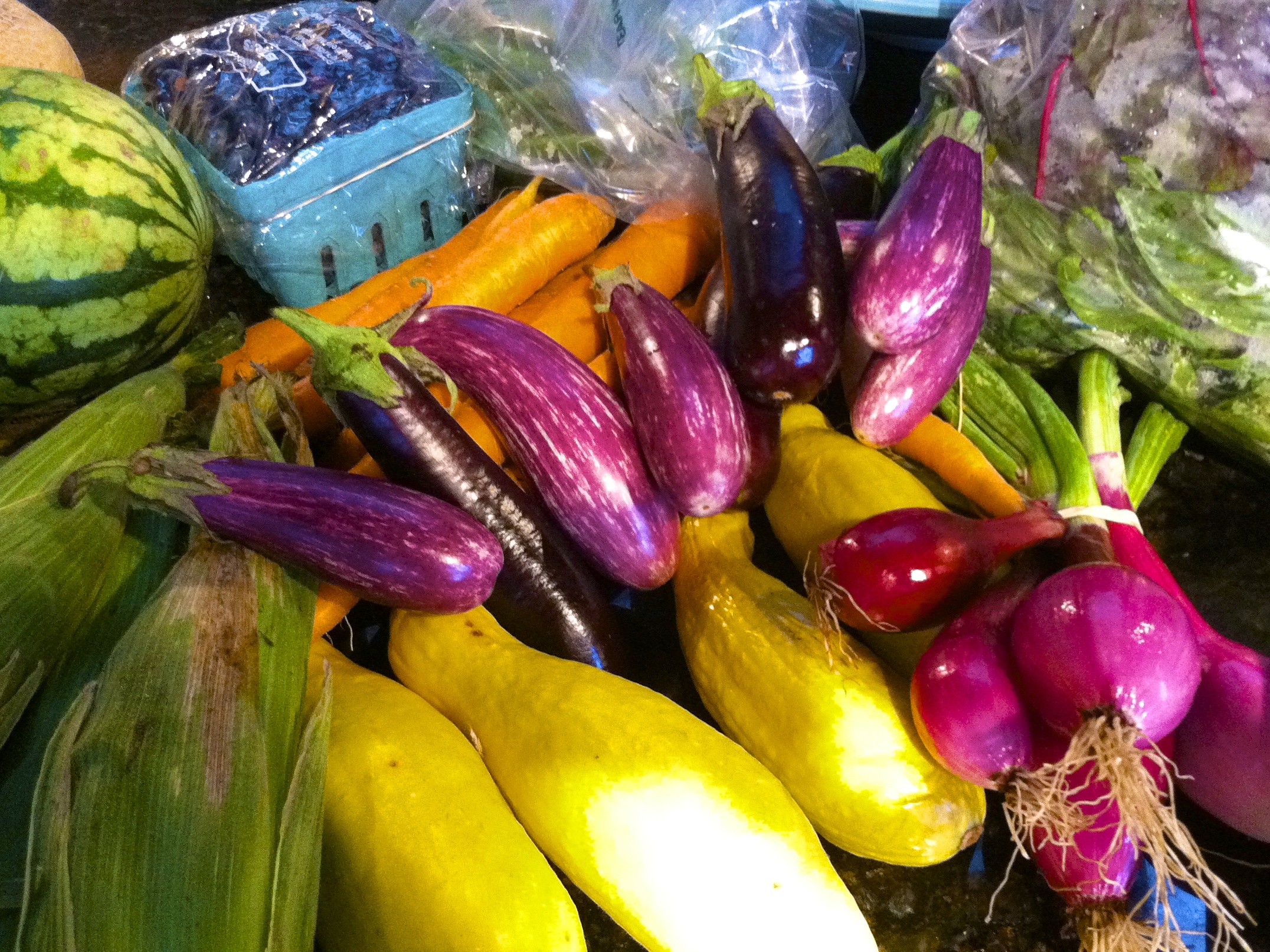The Issues:
Let’s begin by clarifying what it means for food to be certified organic. It is a rigorous certification process through the United States Department of Agriculture (USDA) to asses a particular farm or food manufacturer.
Here are the basic guidelines:
- use of renewable resources and commitment to environmental conservation
- no antibiotics or growth hormones in meat, poultry, eggs, and dairy
- no conventional pesticides, synthetic fertilizers
- no bioengineering (genetic modification), or ionizing radiation
Once a farm has gone through a three year “transition process,” and is approved by a USDA official, it is certified as organic and can begin to use the USDA language and seal on their products. It is important to note that it costs between $500 – $2,000 annually for USDA organic certification. Food produced exclusively with organic products and methods can be labeled “100% organic,” while products with at least 95% organic ingredients may be labeled “organic.” A third category, containing a minimum of 70% organic ingredients, can be labeled “made with organic ingredients.”
My Perspective:
There are many reasons to buy organic. First, you are eliminating your exposure to harmful pesticides and insecticides that are used in many conventional crops. Many of these chemicals are proven carcinogens and endocrine disruptors and should not be consumed by humans. Yes, you can wash some of them off the exterior of your produce, but many seep into the ground and thus into the inside of the plants.
Second, genetically modified organisms (GMO’s) are very controversial in the food and nutrition community and there is still significant research that needs to be done about their long-term impacts on health. My preference is to avoid GMO’s whenever possible and buying certified organic products is one of the easiest and more reliable ways to do this.
Finally, many published studies in peer-reviewed journals have shown organic foods to have a higher nutritional value. For example, researchers at the University of California, Davis, recently found that organic tomatoes had higher levels of phytonutrients and vitamin C than conventional tomatoes. Organic plants have to be tougher than their conventional counterparts because conventional plants have pesticides and insecticides to fight on their behalf. In order for organic plants to survive they adopt many natural defense mechanisms, which take the form of phytonutrients and antioxidants.
I try to eat organic whenever possible. It is definitely more expensive, but we are literally made of what we eat, so it feels like a good investment to me. In addition, it’s important to remember that organic farmers don’t receive federal subsidies, organic farming is more labor intensive, and small organic farms don’t benefit from the economies of scale that large monocultures create.
Action Steps:
Luckily there are some guidelines to help you when you are making decisions about what to buy organic. The Environmental Working Group publishes a guide each year highlighting the Dirty Dozen and the Clean Fifteen. The Dirty Dozen represent the produce with the highest pesticide levels, and therefore most important to buy organic, while the Clean Fifteen have relatively low pesticide levels and can usually be bought conventionally. I highly recommend taking a moment to familiarize yourself with both lists and making a copy of them on your phone for quick access at the grocery store. It’s worth it.
Dirty Dozen: apples, celery, cherry tomatoes, cucumbers, grapes, hot peppers, nectarines, peaches, potatoes, spinach, strawberries, sweet bell peppers, kale/collards, and summer squash (kale/collards and summer squash are added as “Dirty Dozen Plus” because they don’t meet the traditional criteria, but contain pesticides that are particularly toxic to the nervous system.
Clean Fifteen: asparagus, avocado, cabbage, cantaloupe, sweet corn, eggplant, grapefruit, kiwi, mangoes, mushrooms, onions, papayas, pineapple, snap peas (frozen), and sweet potatoes.
It is important to mention that there are also arguments against eating organic – especially now when organic produce doesn’t always come from small, traditional farms as it used to. In addition, some organic pesticides can also have negative impacts on the body. There is an active debate about the pros and cons of local vs. organic produce, but that’s a topic for another Beetroot!

Leave a Reply